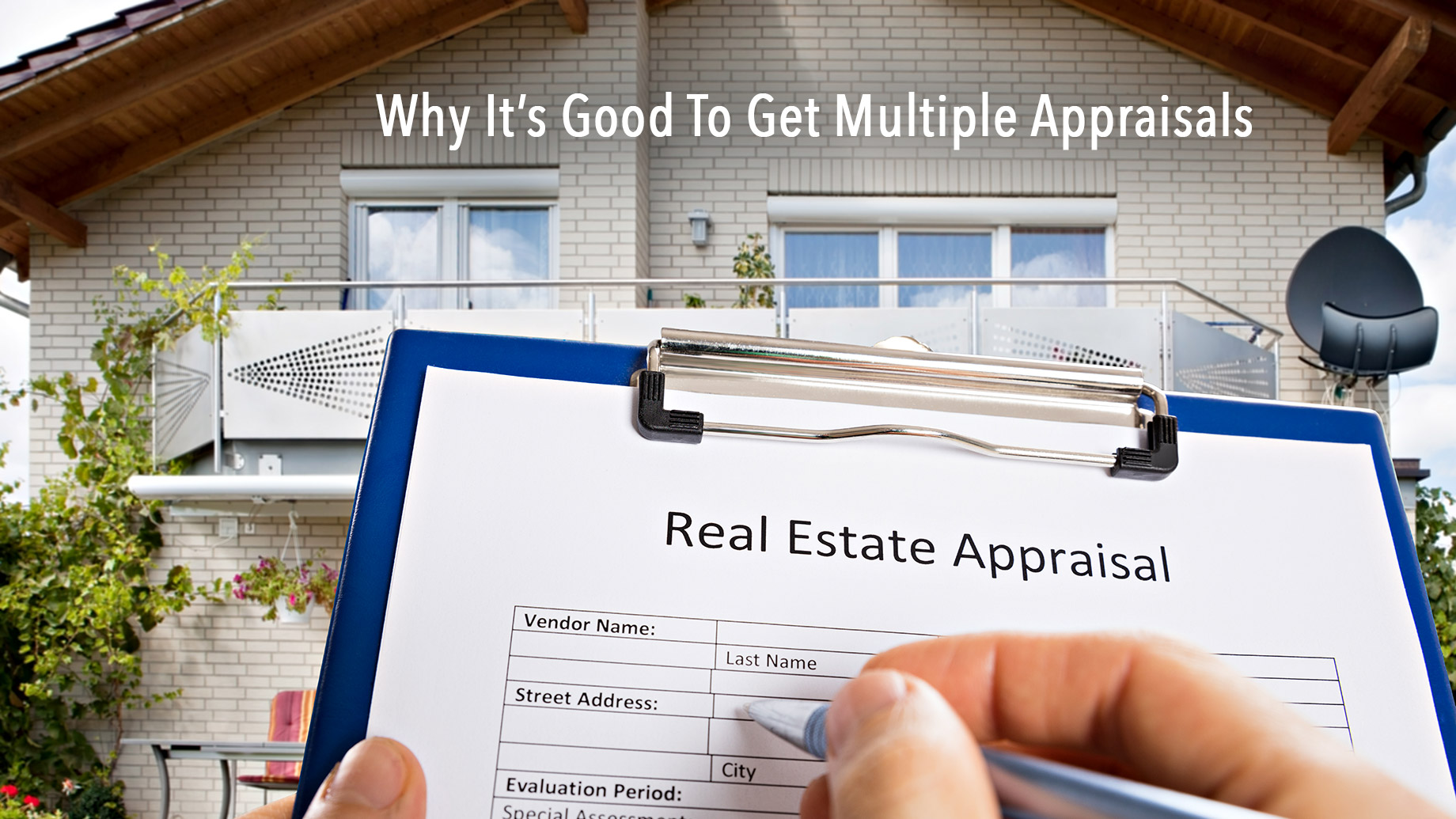
Getting an appraisal is a must for anyone who wants to buy, sell, or refinance a real estate property. This evaluation is essential to the entire process as it provides buyers, sellers, and lenders information regarding how much a property is worth.
An appraisal provides an estimate based on essential factors, including the square footage of a property, its age, and even an evaluation of the structure based on the materials used and its current condition. It also considers current market demands and obtains an amount based on the prices of properties sold in nearby areas. Appraisals can even determine if a property is suitable as an investment.
This figure is vital to everyone involved in the buy-and-sell process. It’s beneficial for sellers because it gives them a current fair market value of their property after all the maintenance or renovations they’ve put in. It gives them the confidence that they’re asking for a reasonable price.
On the other hand, an appraisal is an essential tool for buyers to determine if the appraisal value resembles the offer they put at the closing table. This way, they can ensure that they’re buying the property for what it’s worth.
The current market value also informs lenders whether it’s feasible to grant mortgage on a new property. Lenders can also use appraisals to determine if refinancing a specific property doesn’t pose too much risk.
A real estate appraisal determines a property’s value in several ways. Generally, you only need one, but it’s possible to get more. Obtaining different appraisal values provides benefits as the property not only serves as security for a mortgage or loan. It serves as a potential investment as well.
The Appraisal Report
An appraisal is essential when applying for a mortgage or seeking refinancing for your home or other property. Real estate appraisals provide lenders with figures to determine the required amount to finance the property and cover associated risks in case of default.
In a residential appraisal report, the lender usually initiates the process, asking a trained appraiser to assess the property through a full appraisal, including actual inspections. The appraiser then compares recently sold or similar properties on sale in nearby areas in the last 90 days. He’ll also consider the property’s appearance, condition, and neighborhood to determine a fair market value.
Aside from this, the appraisal report also notes issues that might affect the property’s value, such as property access or flawed structures. It also provides an estimate for how long the property is likely to get sold.
In commercial real estate, appraisers not only look at the location and compare similar properties. An appraisal report for this type of property estimates the cost of building a property then makes adjustments to account for external market factors and building conditions such as wear and tear or functional issues.
The report also considers the property’s income potential through rentals or leases and anticipates a reduction in a vacancy case. It’s a more complicated process in that appraisers need to account for both the actual and potential value of a commercial property.
Multiple Appraisals
Lenders are typically the most interested in the appraisal report. It allows them to gauge the value of the property as a security for the mortgage being requested. At the same time, it also provides an estimate of the property’s potential as an investment should the borrower default on payments.
But, that doesn’t stop sellers from obtaining their own set of appraisals. This technique works to their advantage as they can leverage their position in the buy-and-sell process. Having a report allows buyers to negotiate their offer with the sellers if the appraisal values are low.
Buyers can also use several real estate appraisal reports to ask a lender to remove the private mortgage insurance or PMI. They can show the mortgage provider if the required 80% mortgage to value ratio meets or even exceeds the required value. This way, they can convince the lender to approve the loan.
Sellers can also obtain their appraisal to contest their buyer’s appraisal report when they feel that it doesn’t consider renovations made on the property or reflect current tax assessments brought about by a downtrend in the market.
Another benefit of having multiple appraisals is when you plan to buy unique or commercial properties. As the property is quite considerable, you might need to show lenders or mortgage brokers an estimate of the market value of the property along with its projected revenue to convince them to finance the purchase.
Conclusion
Appraisals provide a professional estimate of a property’s financial value. Lenders typically carry these out to determine the actual cost and potential risks of taking on a new property or provide funding for refinancing purposes. Valuations apply to residential and commercial properties with complementary approaches to determine current market values and income potential.
While lenders often rely on one comprehensive appraisal, there are benefits to getting two or more appraisals. Multiple reports are valuable to everyone at the negotiating table.
Appraisals protect sellers by providing accurate reflections of the property’s market value along with the improvements they made. These provide buyers reliable estimates of the fair market value by comparing it to other recently sold properties in the area. Third, it assures investors that properties have the potential to generate revenue and protect their interests.
Thus, multiple appraisals are ideal as these ensure properties have sufficient value to secure loans and guarantee investments for everyone involved.